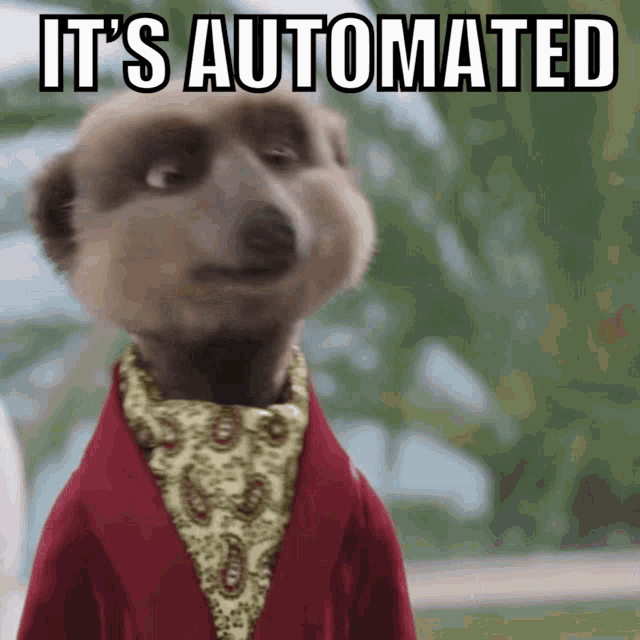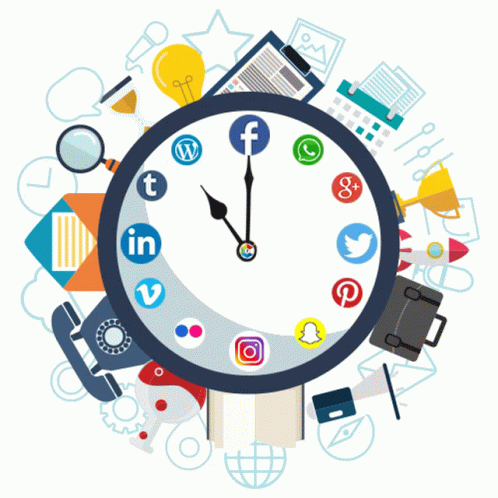One fine morning, Lily, the owner of a small consulting firm, got to her office. But something was bugging her persistently. The other large retailers posed fierce competition. She was aware that she required a means of reducing the costs of her business.
It was during this time that she discovered the potential of AI automation. Lily had always regarded automation as some futuristic invention meant for the elites of tech and corporations only.
But as she went further on reading she found out that AI automation is no longer a dream for the large industry players as she thought but automated business is now becoming a possibility for small and medium companies.
She found a set of smart processes and cloud-enabled solutions that could help her automate more, gain back her hours, and gain an edge over those large competitors.

In this easy-to-follow guide, we will look at some of the low-cost AI automation tools that are helping businesses like Lily’s grow, identify the areas where such tools can bring the most benefits, and examine the success stories of some SMEs that have embraced AI.
Affordable AI Automation Tools
Small businesses like Lily’s no longer need to dream of incorporating Artificial Intelligence in their businesses as it is now in their reach
The development of technology as well as the development of cloud computing solutions has been significant. There are effective various cost-effective AI automation instruments, which are customized for SMEs. These tools are quite efficient, affordable, and easily integrated into the business processes of small companies to leverage AI.
Some popular categories of AI automation tools for small businesses include:
1. Web-based Automation Tools: These allow you to connect various apps and services, enabling you to automate repetitive tasks and workflows for your automated business. For eg. Zapier.

2. Email Marketing Platforms: These tools provide AI capabilities such as auto-segmenting of subject lines and predicting the best time to send an email. A human in the loop can review and refine AI-generated leads, ensuring their quality and relevance. For eg. Mailchimp.

3. Chatbot Builders: With these tools, you can build friendly chatbots to be placed on your website or social networks to answer various questions and provide leads at any time. For eg. Chatfuel.

4. CRM and Marketing Automation Platforms: These extensive services assist small businesses in sales and marketing management through the use of Artificial intelligence. For eg. Keap.

5. Outsourcing Platforms with Human Oversight: Platforms like Bionic offer a unique approach to AI automation by combining the power of AI with human intelligence. Bionic allows you to outsource repetitive tasks to skilled taskers. The active human oversight in Bionic even eliminates the chances of AI hallucination which is the tendency of AI systems to come up with weird and inaccurate outputs.

When making these choices for your automated business, remember your business requirements/ priorities, the costs you are willing to incur, and the technical competency to support the tools. When used correctly, AI automation has the potential to help small businesses work more efficiently.
High-Impact Areas for Small Business Automation
AI automation can be integrated into different areas of your small business, including customer relation services, stock management, and others. The future will have AI and businesses complementing each other. Below are some high-impact areas out of which you can extract the most valuable outcomes while minimizing spending and thus, freeing up resources for other forms of development.
1. Customer Service: They can be used in the form of chatbots and virtual assistants to deal with routine consumer questions, respond around the clock, and even tailor the consumer experience. However, Grounding AI in real-time customer interactions can help chatbots and virtual assistants provide more accurate and relevant responses.

2. Lead Generation and Nurturing: AI can assist in filtering qualified leads and sorting your audience, thereby enabling the creation of marketing campaigns for converting the leads to customers.
3. Social Media Management: Many AI-powered tools are aimed at helping you coordinate and optimize your social media content, measuring the impact it has on the audience, as well as providing suggestions on what to write next.

4. Inventory Management: AI can make decisions about sales data, estimate demand, and even the current stock to eliminate excess and increase income.
5. Accounting and Finance: AI can help with such processes as invoicing, expense tracking, financial reporting, and other financial-related processes which, otherwise, can be inaccurate and time-consuming.

By adopting AI automation in these key areas of active customer interaction, SMEs get to avail new heights of performance, improved customer satisfaction, and thereby sustainability.
BlueShore Financial, a Canadian financial services provider, applied AI business process automation to redesign client experiences and business processes; the company increased lending volumes by 250 percent while avoiding new human hires. (Know More)
Primanti Brothers, a restaurant chain in the United States, automated their daily sales and labor reporting, eliminating 2,000 hours of manual work per year. (Know More)
TD Ameritrade, a financial services company, was able to cut the time taken to open a new customer account by 70% through the automation of processes in the firm. (Know More)
Conclusion
In today’s dynamic business world, small businesses cannot afford to go with conventional practices and traditional tools. The power of employing AI business automation software can be a game-changer in effectively competing with larger enterprises.
Consumer touchpoints such as customer service, lead generation, and inventory management are areas that small business organizations can leverage to increase their ROI on AI automation tools. With the increased adoption of Artificial Intelligence for business automation, there will be an increase in innovation, productivity, and several stories that would encourage other businesses to consider doing the same.
To get started with AI automation, take the time to assess your business needs. Explore various tools and solutions available, and develop a strategic implementation plan. Remember, AI automation is not a one-size-fits-all solution. Finding the right approach for your business may take some trial and error.
When starting the AI automation journey, be curious, open, and willing to change and learn. Small businesses should adopt this right mindset and utilize the power of AI for businesses to compete and grow effectively in the digital economy world.
Tired of wasting hours on tedious, repetitive tasks that drain your energy and distract you from your important work? Bionic is an easy-to-use automation tool that takes care of your time-consuming, repetitive work. Request a demo now!